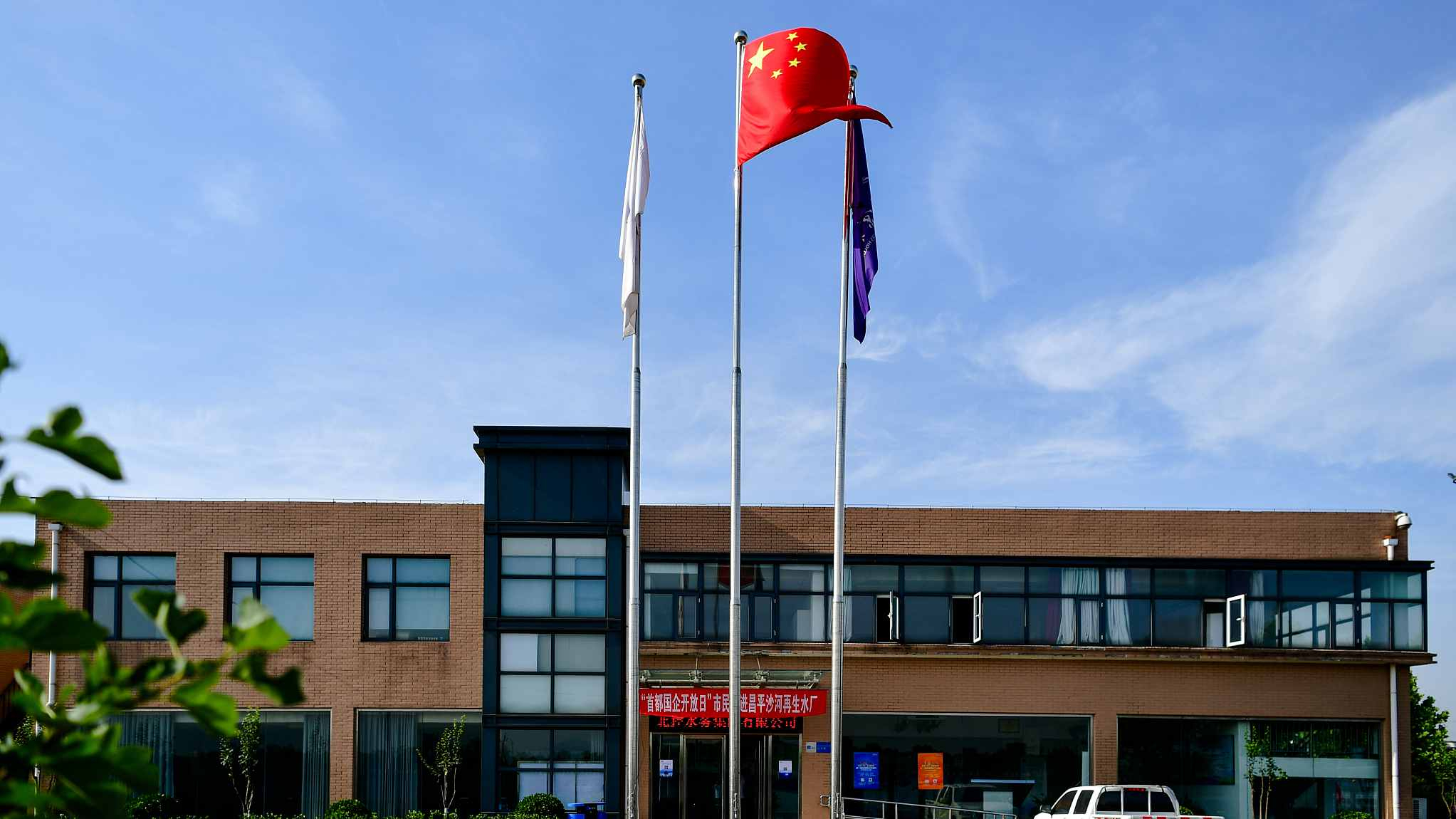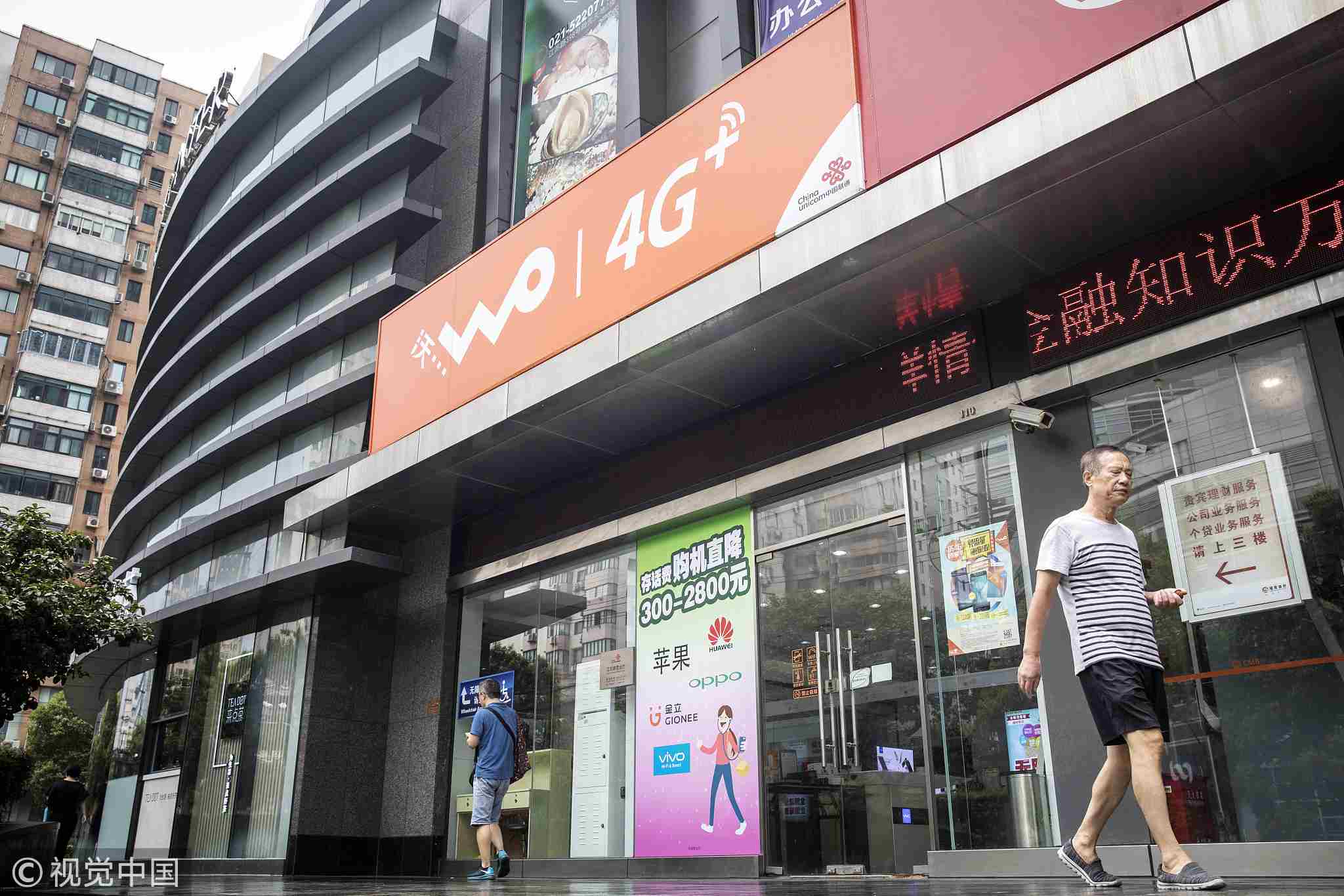
Opinions
22:30, 19-Oct-2018
Liu He: No such thing as 'the state advances as the private sector retreats'
Updated
21:41, 22-Oct-2018

Editor's note: Chinese Vice Premier Liu He had a joint interview with reporters from People's Daily, Xinhua News Agency and CCTV on the current economic and financial issues on October 19. The following is the Part Two of the interview on the development of China's private enterprises.
Q: At present, private enterprises are anxious about the implementation of the basic economic system. What do you think of their concerns?
L: First of all, I would like to stress that we must unswervingly implement the basic economic system and adhere to the principle of unswervingly supporting two parallel economic systems. On the one hand, we shall unswervingly strengthen and develop the public sector of the economy, and on the other hand, we shall unswervingly encourage, support and guide the development of the non-public sector of the economy.
At present, in the process of actual implementation, there are some misunderstandings and deviations. For example, the credit specialists of some institutions believe that it is safe to provide loans to state-owned enterprises and that there are political risks in lending to private enterprises. So they prefer not lending to private enterprises to avoid making political mistakes. This kind of understanding and practice is completely wrong.

The 15th China International Small and Medium Enterprise Fair at Guangzhou, China, October 10, 2018. /VCG Photo
The 15th China International Small and Medium Enterprise Fair at Guangzhou, China, October 10, 2018. /VCG Photo
We must understand this issue from the perspective of politics and the overall situation. The private economy plays an important role in the whole economic system, accounting for more than 50 percent of tax revenues, more than 60 percent of GDP, over 70 percent of technological innovation, more than 80 percent of urban employment, and more than 90 percent of new jobs and enterprises.
Without the sound development of private enterprises, there will be no stable development of the whole economy. Without a high-quality private enterprise system, there will be no modern industrial system. Supporting the development of private enterprises means supporting the development of the whole national economy.
To support private enterprises, four things must be done. Firstly, we must uphold China's basic economic system and give full play to the important role of small, medium-sized and micro businesses and private economy in China's economic and social development. Secondly, we must attach great importance to the current difficulties faced by small, medium-sized and micro businesses and take precise and effective measures to support their development.
Thirdly, we must deepen the research of policy measures to support the development of small, medium-sized and micro-businesses, such as cutting taxes, solving financing problems, improving environmental protection management, and building capacity of scientific and technological innovation.
Fourthly, we must improve the capacity of these enterprises and the private economy as a whole to help them adapt to the ever-changing market landscape and achieve high-quality development.
Q: There have been some discussions that "the state advances as the private sector retreats". What do you think of this?
L: This view is one-sided and misleading. Recently, some private enterprises that expanded quickly through massive borrowing in early days have encountered liquidity problems due to their deviation from the main business. Some state-owned banks and enterprises helped them out and even participate in the restructuring of these private enterprises. Such strong support shows the interdependence and cooperation between state-owned enterprises and private enterprises. I think this is a good thing and there is no such thing as "the state advances as the private sector retreats".

China's state-owned telecommunications operator, China Unicom announced an 11.7 billion US dollar stock sale as part of a government push to draw private capital into its state-owned enterprises last year. /VCG Photo
China's state-owned telecommunications operator, China Unicom announced an 11.7 billion US dollar stock sale as part of a government push to draw private capital into its state-owned enterprises last year. /VCG Photo
When private enterprises are back in good shape the state-owned capital will exit. On the other hand, if state-owned enterprises face difficulties, they can improve efficiency by introducing private capital. We also encourage qualified and financially robust private enterprises to play an active role in the industrial restructuring by merging with or acquiring some small and medium-sized enterprises in the same industry that are currently facing difficulties but have a competitive advantage.
It must be noted that China's state-owned enterprises and private enterprises have formed a complete industrial chain. State-owned enterprises are mostly in the upper reaches of the industrial chain and play an important role in basic industries and heavy manufacturing industries.
Private enterprises are increasingly engaged in providing manufactured products, especially final consumer goods. The state-owned and private enterprises are highly complementary, cooperative and mutually supportive.
In the future, China's economy will continue to improve by going down this path and move towards high-quality development. We must shift from the conventional thinking to a new concept of the modern industrial chain in understanding the relations between the state and private economy.
I want to point out that currently, China is simultaneously dealing with the slowdown in economic growth, making difficult structural adjustments, and absorbing the effects of previous economic stimulus policies.
Indeed, some enterprises face difficulties. However, this is precisely the moment when entrepreneurs can turn their ambition into action.
Entrepreneurs who have the courage, vision, and grit should stand out and live up to expectations. The Chinese government will create a fair business environment, strengthen the rule of law, step up the protection of property rights and intellectual property rights, uphold the basic economic system and deepen reform and opening-up.
There is no reason why we should not have full confidence in China's promising economic development.

SITEMAP
Copyright © 2018 CGTN. Beijing ICP prepared NO.16065310-3
Copyright © 2018 CGTN. Beijing ICP prepared NO.16065310-3